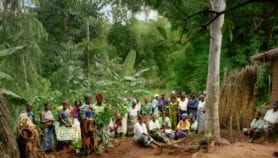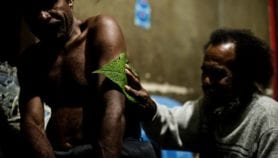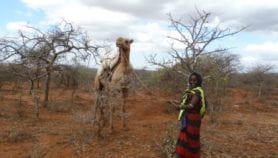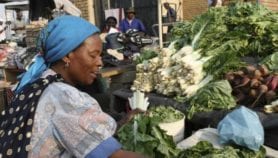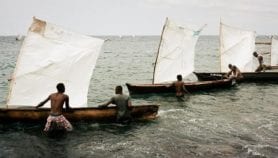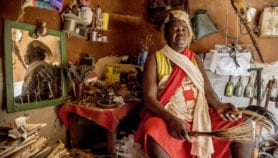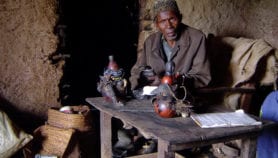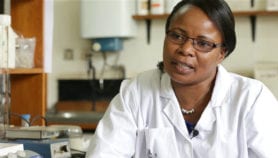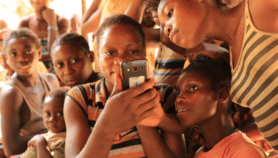By: Talent Ng’andwe
Send to a friend
The details you provide on this page will not be used to send unsolicited email, and will not be sold to a 3rd party. See privacy policy.
[LUSAKA] Traditional medicine should be institutionalised as part of a drive to improve African hospitals, said delegates at a meeting convened by the World Health Organisation last week.
In recognition of the important role that traditional medicine (TM) plays in the region, they called for joint research on TMs used for priority diseases in Africa.
Representatives from 10 countries in sub-Saharan Africa and two international health agencies attended the meeting held in Brassaville, Congo.
They agreed that governments should institutionalise TM into their national health systems and develop a legal framework, national policy and code of ethics for its practice, which they said is vital to improve the performance and management of hospitals in Africa.
They also agreed to develop mechanisms for protecting TM knowledge and intellectual property rights.
In Zambia, efforts led by the government, the World Health Organization (WHO) and the Traditional Health Practitioners Association of Zambia are already being made to integrate TM into the country’s health system.
Loyce Lishimpi, a WHO officer for essential medicines, said that Zambia is offering technical support at various levels to achieve this.
She said that preliminary work leading to integration is ongoing, such as the inclusion of a clause about the control of herbal medicines in its Pharmaceutical Act of 2004.
Since then work has begun towards developing a Traditional Health Practitioners Bill, a code of ethics for practitioners and a national drug policy plan, which will cover TM research and development.
The five-day meeting was attended by delegates from Cameroon, Congo, the Democratic Republic of Congo, Guinea, Malawi, Niger, Nigeria, Uganda, South Africa and Zambia.
Representatives from the French Co-operation Agency and the Network of Hospitals in Africa, the Indian Ocean and the Caribbean were also present.
More on Indigenous
News
Study assesses use of plants in antimalarial therapies
[COTONOU, BENIN] Traditional healers in Benin possess sophisticated knowledge regarding the treatment ...29/01/13


